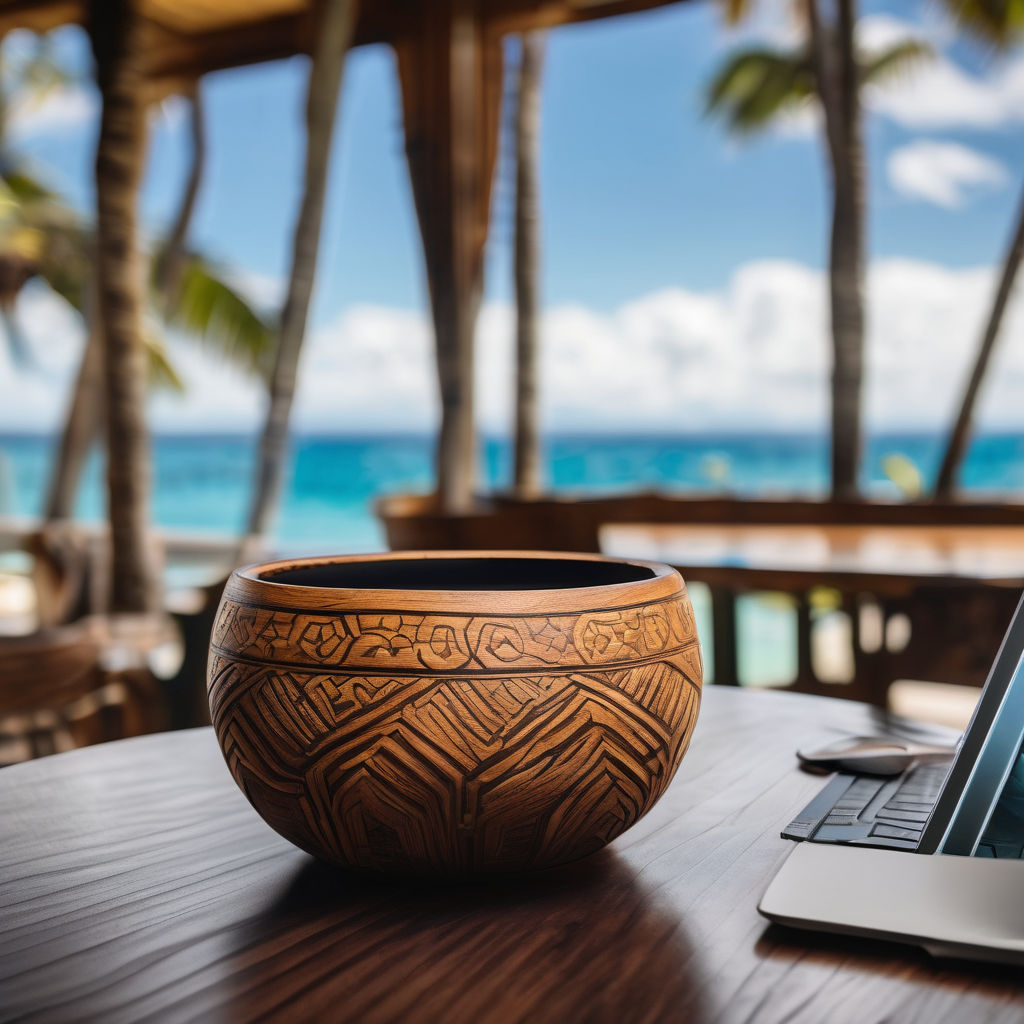The second Pacific Islands Ocean Conference (PIOC) has commenced at the Heritage Park Hotel, focusing on the challenges and future of the Pacific’s oceans. With participants including traditional knowledge holders, scientists, and ocean professionals from across the region, the conference set a collaborative atmosphere, marked by a performance from the Dreamcast performers. This emphasized the importance of blending scientific knowledge with traditional practices, which is crucial for effective ocean stewardship.
Dr. Filimon Manoni, representing the Office of the Pacific Ocean Commissioner, emphasized the need for the inclusion of community perspectives alongside expert inputs to ensure that oceanic decisions truly reflect the everyday experiences of those who live in close proximity to the ocean. He encouraged the youth to not be intimidated by the ocean’s vastness, promoting the view of the ocean as both a home and a heritage that needs to be protected.
Spanning five days, the conference is organized in collaboration with notable organizations such as the Office of the Pacific Ocean Commissioner (OPOC), the Secretariat of the Pacific Community (SPC), and the Secretariat of the Pacific Regional Environment Programme (SPREP). It provides a platform for exchanging knowledge and developing strategic plans for sustainable ocean management. Key topics include community-based fisheries management and addressing illegal fishing, which poses threats to ecosystems and food security.
Kinisimere Batibasaga from Fiji’s CBFM initiatives emphasized the importance of community enforcement and ownership in effective law implementation, highlighting their necessity for lasting change. The conference explored technological and innovative solutions like an app developed by Pacific entrepreneur Laitia Tamata, designed to assist fishers in tracking catches and connecting to markets.
The event underscored the benefits of integrating modern science with traditional practices, as highlighted by the Wildlife Conservation Society and the Pacific Community. These organizations stress the importance of combining science’s analytical methods with the contextual insights of tradition. One of the challenges discussed is sustaining long-term engagement in conservation projects, particularly when basic needs, such as food and education, remain unmet.
Strategies to enhance Community-Based Fisheries Management (CBFM) were identified, including affordable community-driven monitoring systems, educational initiatives linking conservation to food security, and partnerships for better enforcement. The discussions reiterated that for the communities involved, the ocean is not only a vital source of sustenance but also an integral element of their cultural identity.
Overall, the conference reflects optimism for a resilient ocean future, hinging on innovative solutions, strong partnerships, and empowered community leadership. By integrating science, tradition, and policy efforts, the Pacific aspires to ensure the enduring health and sustainability of its oceans for future generations.
